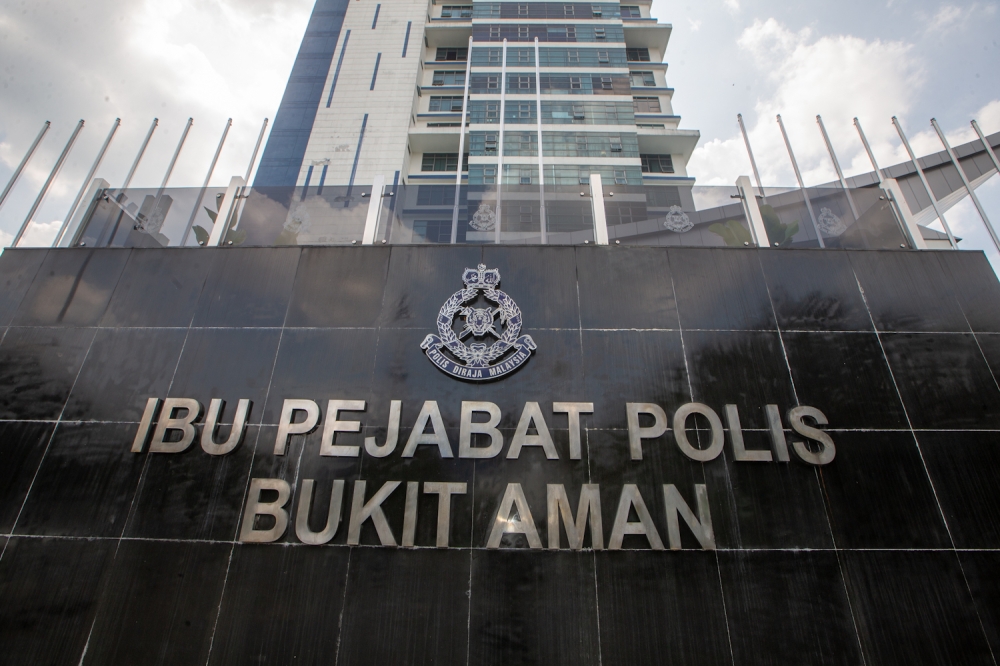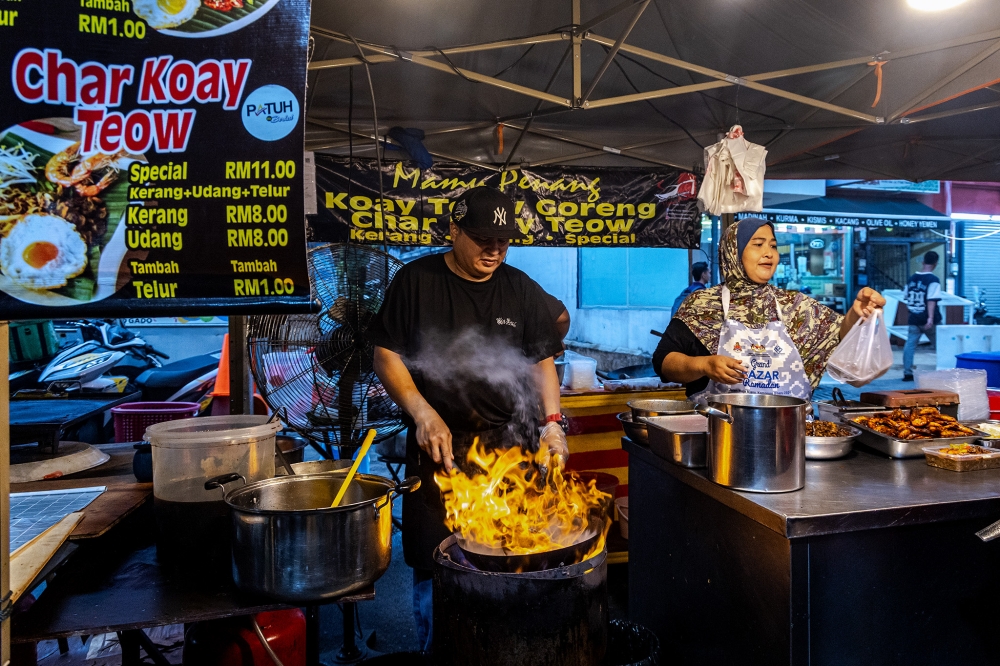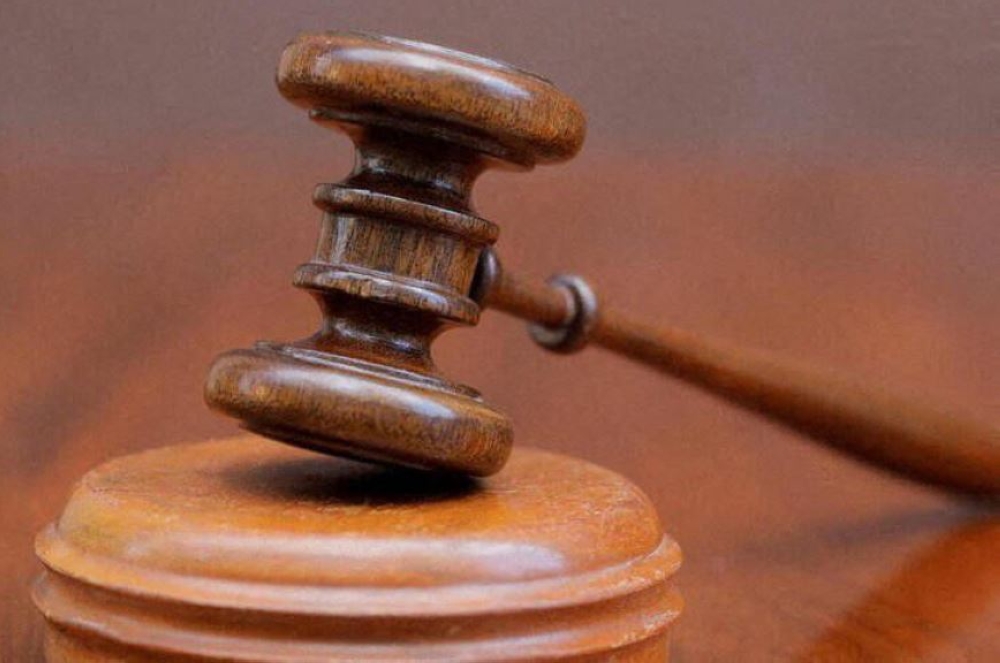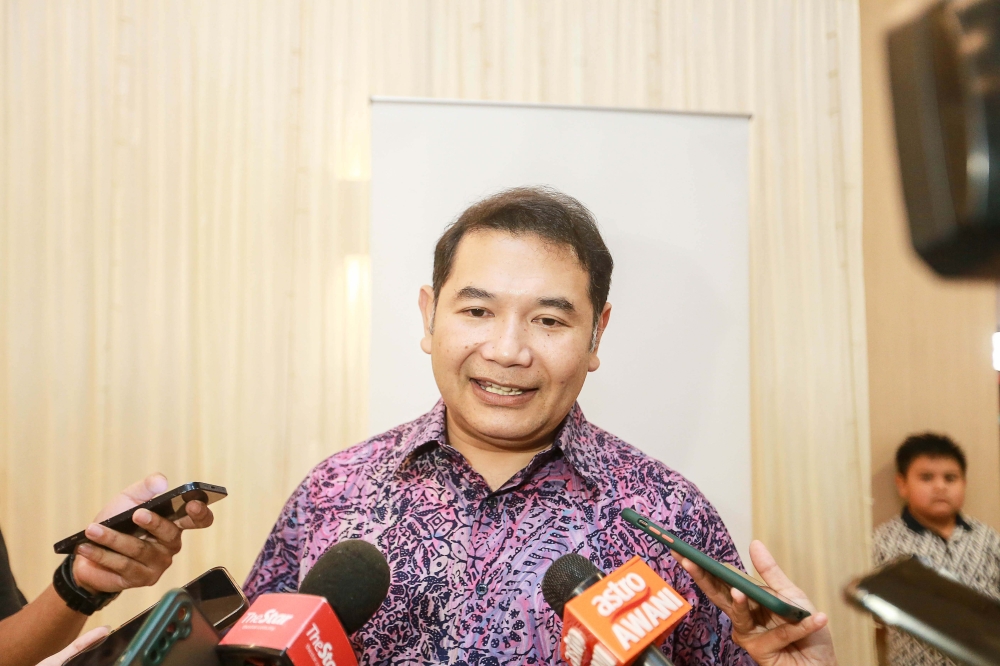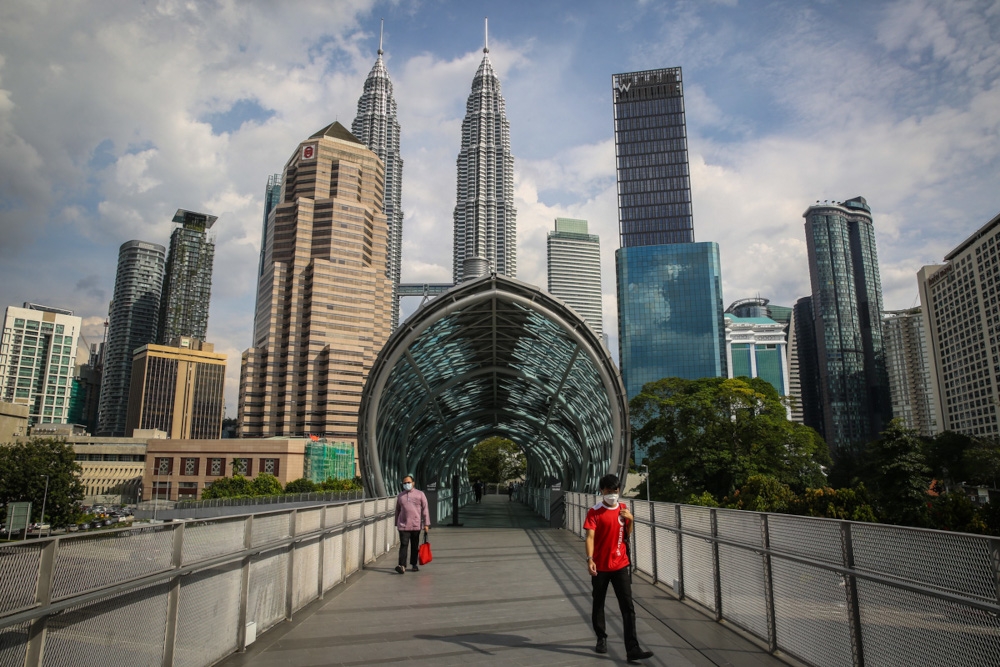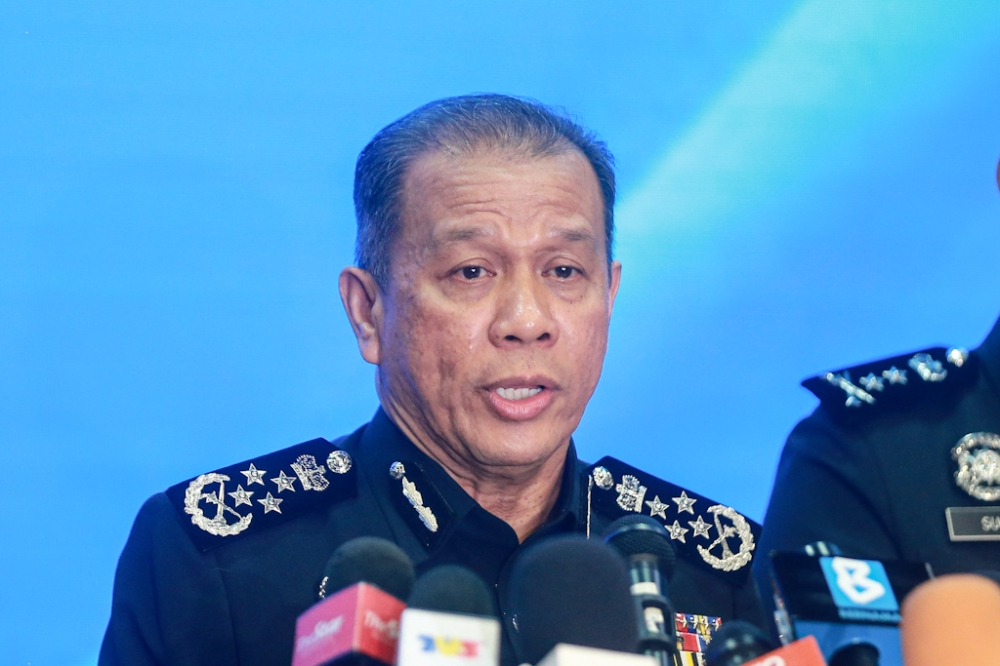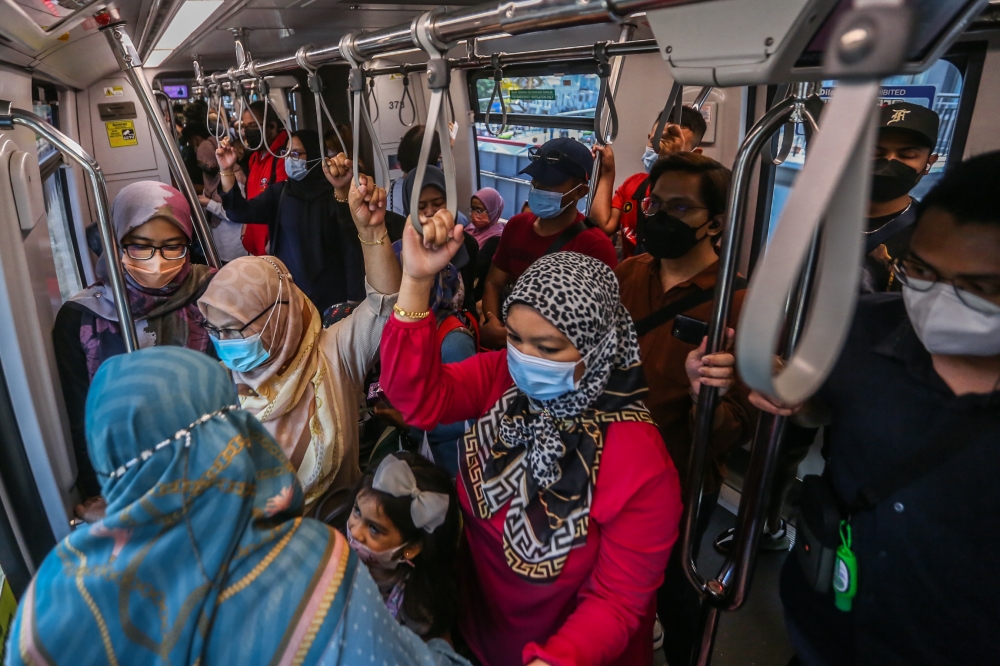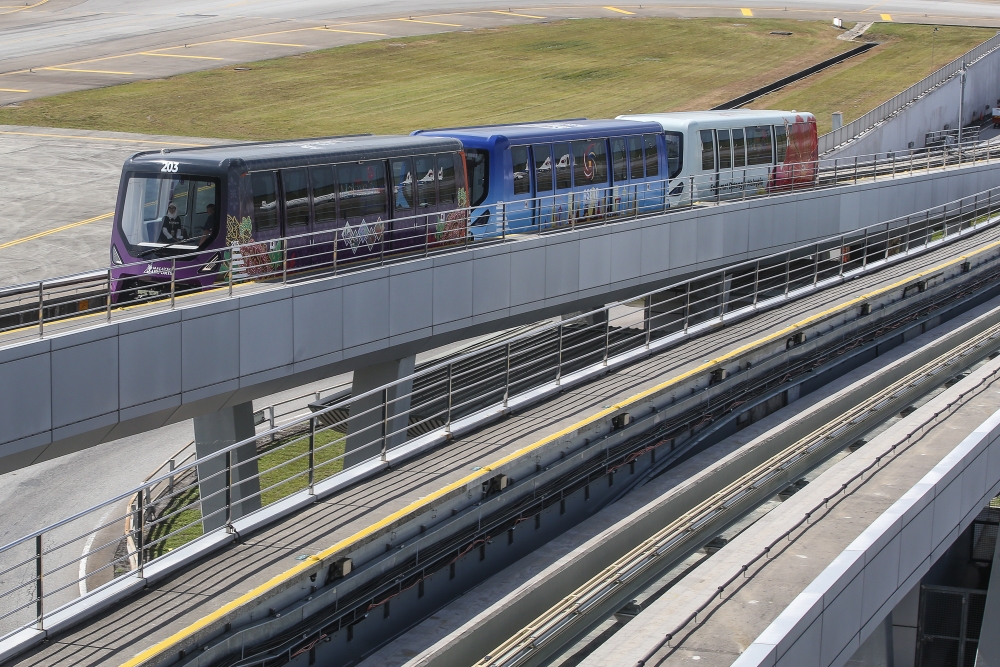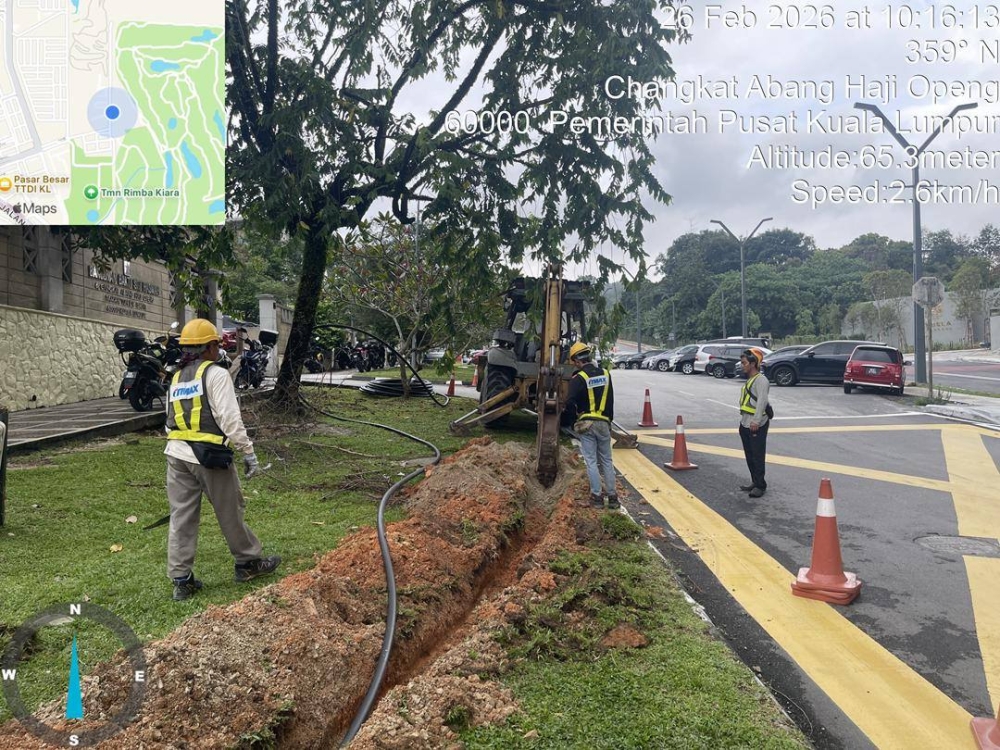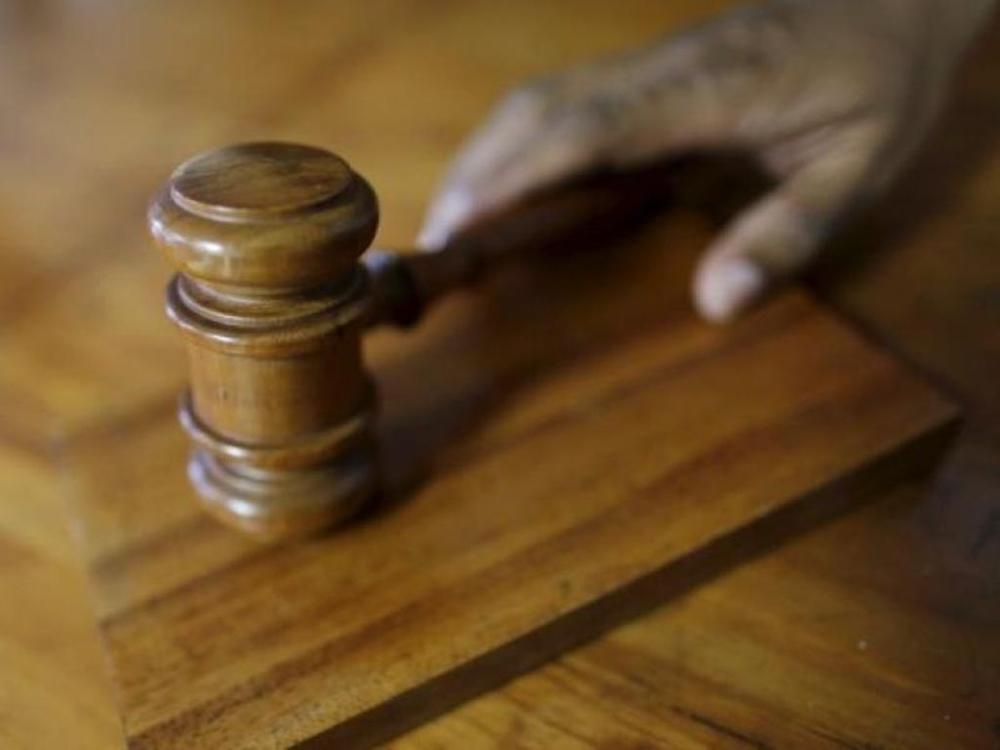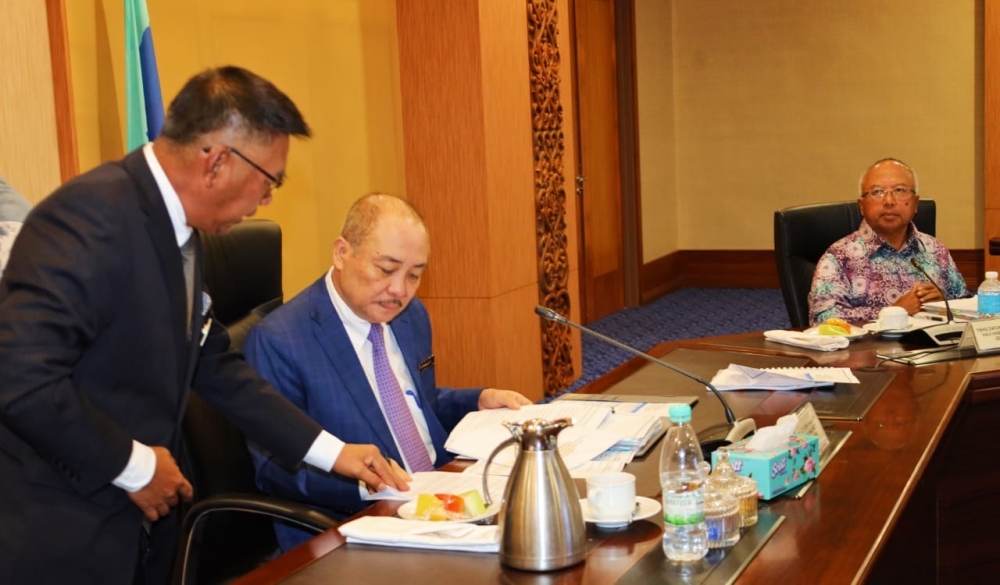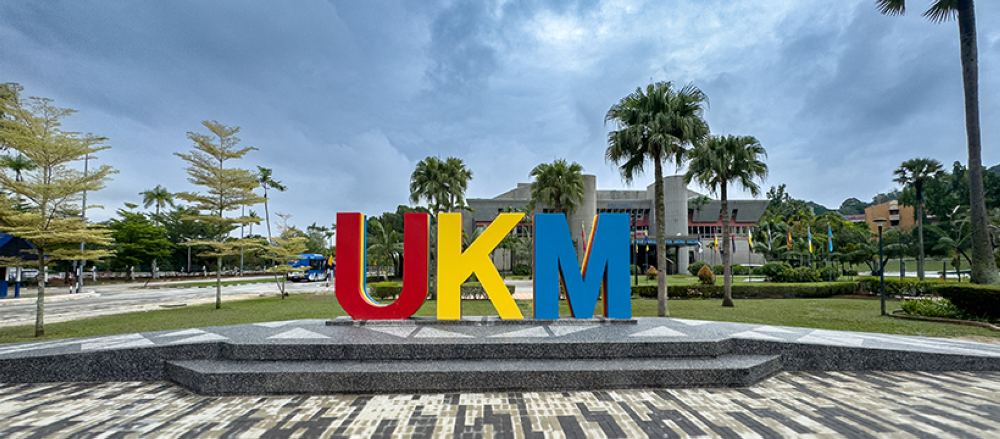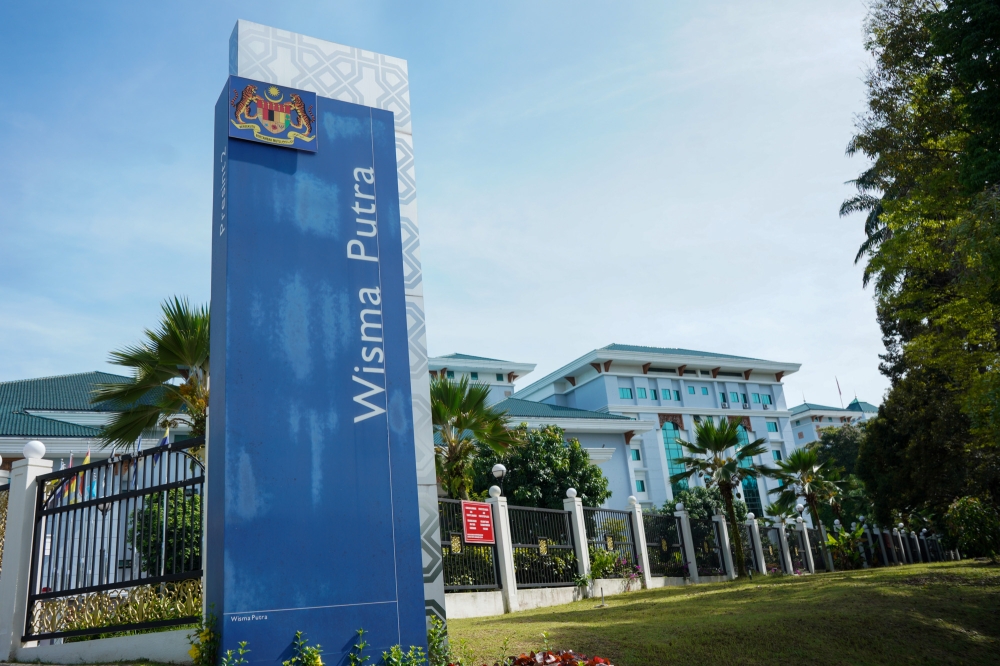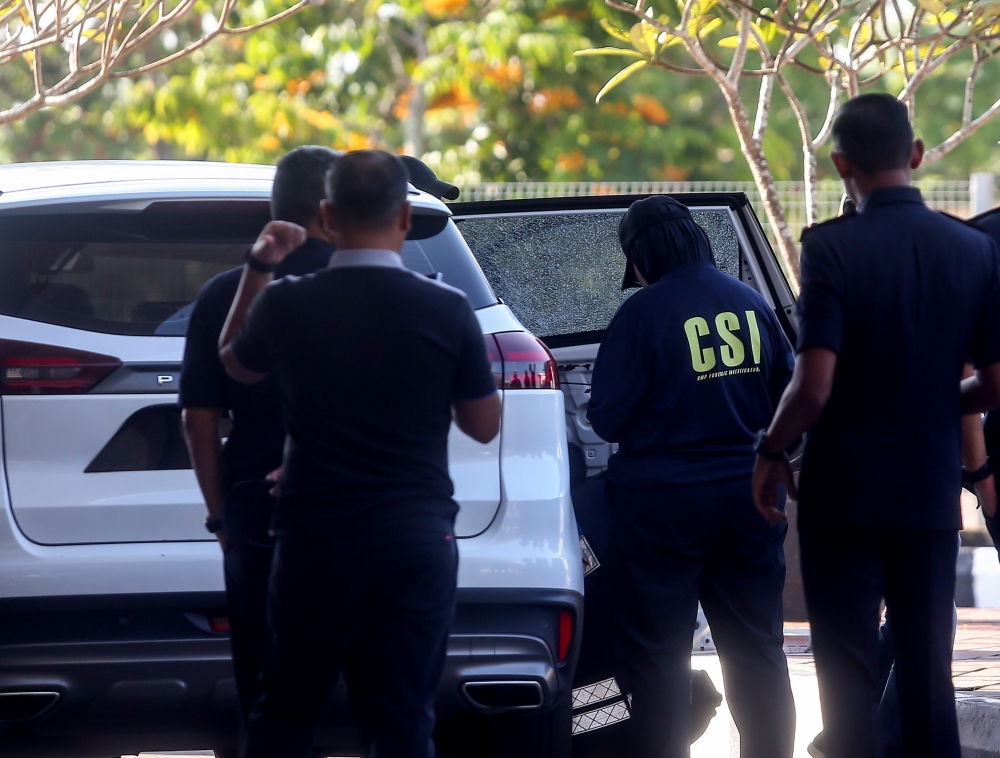KOTA KINABALU, Nov 24 ― The unemployment rate in Sabah has gone down to 7.5 per cent last year compared to 8.2 per cent in 2021, as statistics showed that 1,875,800 people in the state have jobs in 2022 compared to 1,856,500 in 2021.
Chief Minister Datuk Seri Panglima Hajiji Noor said the data from the Malaysia Statistics Department indicated Sabah is undergoing positive growth.
Apart from that, efforts taken by the government after the Covid-19 pandemic have begun to show encouraging results, he said when chairing the Sabah Economic Development and Investment Authority (Sedia) board of directors meeting at Menara Kinabalu yesterday.
The chief minister, who is also chairman of SEDIA, urged the agency to focus on improving its management and administration so that the 12th Malaysian Plan (12MP), which has two more years to go, could be implemented with integrity and transparency.
“This is in line with efforts to eradicate poverty, enhance the efficiency of transportation and logistics infrastructure, develop future talents and to ensure marketability of graduates of higher learning institutions and Technical and Vocational Education and Training (TVET),” he said.
Sedia’s initiatives such as the Skills and Talents Enhancement Programme have been carried out under the Human Capital Transformation effort to enhance individual skills through upskilling and re-skilling programmes, improving access to education and training through outreach programmes and creating better cooperation between the industry and learning institutions, he said.
As a result of this effort, the chief minister said Sedia had created job opportunities for 1,600 participants and 300 entrepreneurs.
Based on the statistics, Sabah’s workforce participation rate had increased to 70.9 per cent in 2022 compared to 70.4 per cent in the previous year.
“Sedia is still relevant as the core mover of the regional economic development. I want Sedia to make a big shift in the planning and implementation of its projects to boost Sabah’s development.
“By 2024, Sedia should focus on investments in logistics, agriculture and tourism and point its sight on new economic activities encompassing renewable energy, technology usage in agriculture, livestock and fisheries, among others,” he said.
The Chief Minister said that as the agency entrusted to implement the Sabah Development Corridor (SDC 2.0) action plan, Sedia must implement strategic initiatives and projects capable of attracting potential investments, creating more jobs, and enhancing the livelihood of Sabahans.
“It is challenging to manage and administrate an agency, particularly in the service delivery aspect, but Sedia has proven that it operates transparently and with integrity. Sedia has been given the clean bill certificate for 13 consecutive years by the Auditor General. Congratulations,” he said.
Hajiji expressed appreciation to the Federal Economy Ministry for entrusting Sedia with the implementation of several initiatives and projects in Sabah, among them the solar system installation project for government buildings, Sepanggar Bay Container Port expansion project and the upgrading of the access road to the proposed site of the Serudong Immigration, Customs, Quarantine and Security (ICQS) in Kalabakan.
The chief minister congratulated Sedia for being chosen as the coordinator and planner of the Malaysia Sustainable Development Goals (SDG) Summit for the Sabah Region next year.
He said this would enhance the visibility of the Economy Ministry as the focal point for the SDG and the national environmental, social and governance (ESG) framework.
Also present at the meeting were State Secretary Datuk Seri Panglima Haji Safar Untong, Chief Executive of Sedia Datuk Seri Panglima Haji Hashim Paijan, state attorney general, Datuk Nor Asiah Mohd Yusof. ― Borneo Post

